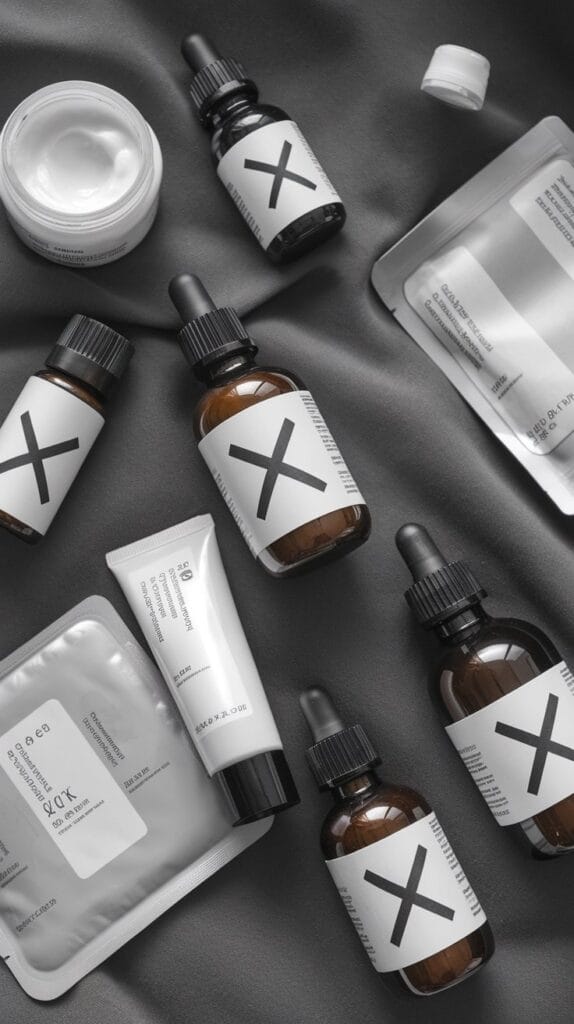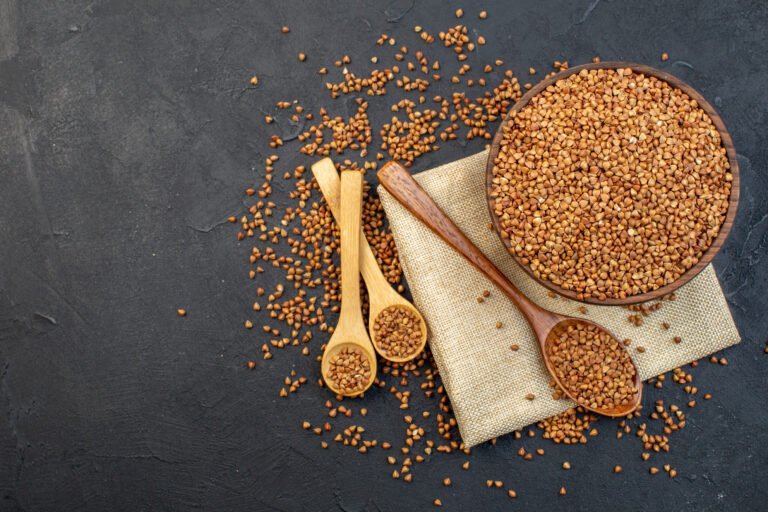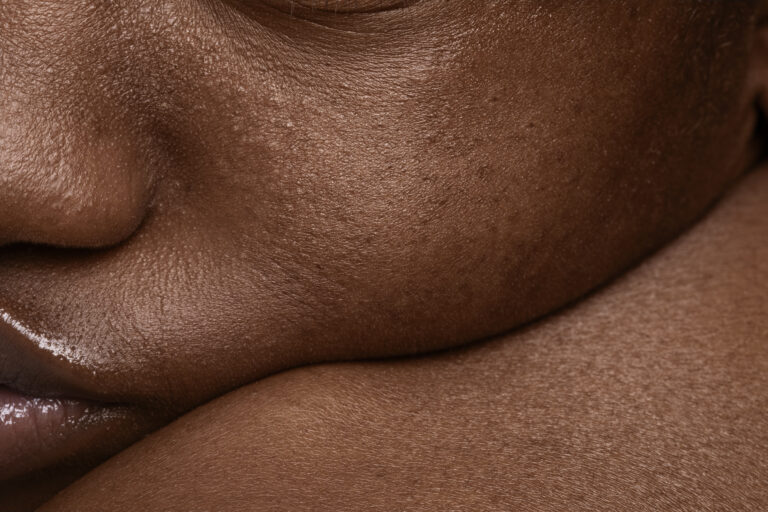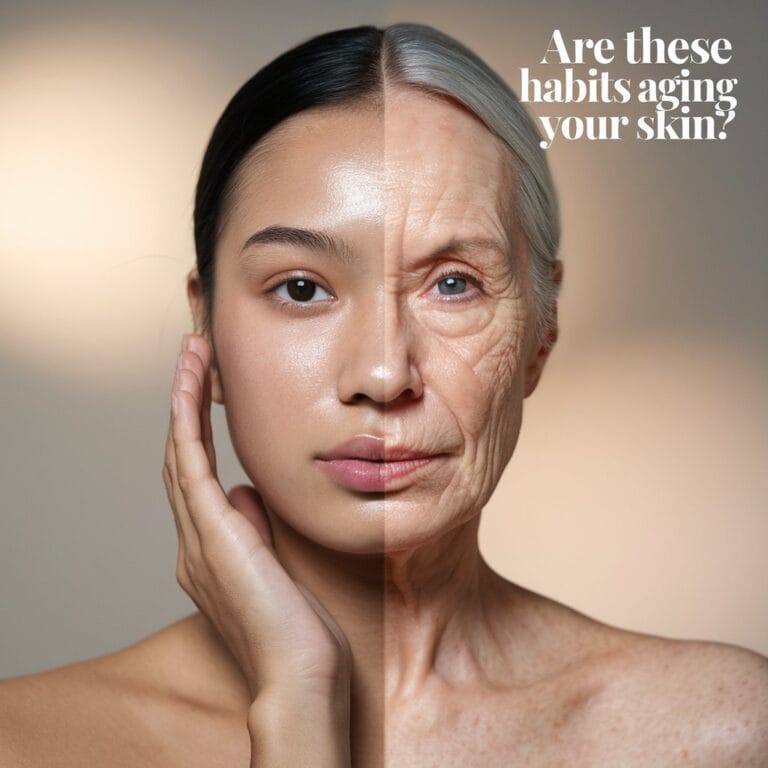FREE SHIPPING OVER $50
6 Skincare Ingredients You Should Avoid After 40, According to Dermatologists
Aging changes not only how our skin looks but also how it reacts to certain skincare ingredients. After 40, skin tends to be thinner, less resilient, and more sensitive. Certain ingredients that might have worked well in your 20s or 30s can become problematic and even accelerate signs of aging. Dermatologists often caution against some popular ingredients that can aggravate dryness, irritation, or even lead to increased fine lines and wrinkles. Here are six skincare ingredients you should avoid after 40, plus what to use instead for a healthy, glowing complexion.
Top 6 Skincare Ingredients You Should Avoid After 40

1. Alcohol-Based Products
Alcohols like ethanol, isopropyl alcohol, and benzyl alcohol are commonly found in toners, astringents, and even makeup to help products dry faster and provide a matte finish. However, these types of alcohol can be harsh on aging skin, stripping away natural oils and weakening the skin’s moisture barrier. For skin over 40, losing moisture can lead to increased fine lines, rough patches, and a dull complexion.
What to Use Instead: Opt for hydrating ingredients like hyaluronic acid or glycerin. These help attract moisture to the skin, leaving it plump and hydrated without any drying effects.
2. High Concentrations of Retinoids
Retinoids are popular for anti-aging, but high concentrations can be too strong for more mature skin, leading to redness, flaking, and irritation. Retinoids work by increasing cell turnover, which is beneficial in the right amount. However, after 40, the skin’s natural barrier is more delicate, making it harder to tolerate strong retinoids without side effects.
What to Use Instead: Look for gentler retinoid alternatives, like retinol esters or bakuchiol. These ingredients offer similar benefits to retinoids but are often better tolerated by sensitive or mature skin.
3. Harsh Exfoliating Acids
Chemical exfoliants, such as alpha hydroxy acids (AHAs) and beta hydroxy acids (BHAs), are common in skincare products for their ability to remove dead skin cells and promote radiance. However, products with high concentrations of glycolic acid or salicylic acid can be too abrasive for mature skin. Over-exfoliating can weaken the skin barrier, resulting in sensitivity and moisture loss.
What to Use Instead: Choose products with lactic acid or polyhydroxy acids (PHAs). These milder acids still exfoliate but are less likely to irritate and are better suited for sensitive, aging skin.
4. Fragrances
Fragrance in skincare products may enhance the sensory experience, but it’s a top cause of skin irritation, especially for mature skin that’s more prone to dryness and sensitivity. Many synthetic fragrances contain chemicals that can lead to irritation, redness, and sometimes allergic reactions.
What to Use Instead: Switch to fragrance-free skincare products, particularly if you have sensitive skin. Fragrance-free formulas are less likely to cause irritation, allowing the skin to focus on absorbing active ingredients.
5. Sulfates
Sulfates like sodium lauryl sulfate are powerful detergents used in cleansers, shampoos, and body washes to create a foamy lather. However, sulfates can be overly harsh, stripping away the skin’s natural oils and leaving it feeling tight and dry. For aging skin, this can exacerbate dryness and cause discomfort.
What to Use Instead: Choose sulfate-free cleansers with gentle, hydrating ingredients. Look for ingredients like coconut-based surfactants, which cleanse the skin without disrupting its natural moisture barrier.
6. Parabens
Parabens are preservatives used to extend the shelf life of products, but they have become controversial due to potential health risks. Parabens may disrupt hormone function, which can accelerate signs of aging. Although more research is needed, many dermatologists advise avoiding parabens, especially if you have sensitive skin.
What to Use Instead: Opt for paraben-free products with natural preservatives or shorter shelf lives. Many brands now offer paraben-free skincare lines, so it’s easier than ever to find alternatives.
Why Avoiding These Ingredients Matters
After 40, skincare should prioritize ingredients that nourish, protect, and repair. By avoiding ingredients that can dry or irritate your skin, you can help maintain a smooth, resilient complexion. Aging skin needs ingredients that lock in hydration, support collagen production, and keep inflammation at bay.
Side Effects
Here are a few potential issues to watch for:
- Alcohol-Based Products: Can cause excessive dryness, leading to peeling, flaking, and a compromised moisture barrier.
- High Concentrations of Retinoids: May lead to redness, sensitivity, and irritation, especially if used without moisturizing products.
- Harsh Exfoliating Acids: Can thin the skin’s outer layer, making it vulnerable to sun damage and increasing sensitivity.
- Fragrances: May trigger redness, inflammation, and even allergic reactions, particularly on more mature skin.
- Sulfates: Known to strip natural oils, which can cause itchiness, dryness, and discomfort, worsening fine lines and wrinkles.
- Parabens: While rare, they may cause hormonal disruption and sensitivity, affecting skin balance.
Building a Routine to Suit Aging Skin
As skin matures, it naturally becomes more prone to dryness, sensitivity, and slower cell turnover, so a routine that prioritizes hydration, sun protection, and barrier support is essential.
- Add a Hydrating Night Cream
At night, skin goes into repair mode, so applying a nourishing night cream can support this natural regeneration process. Look for ingredients like peptides, which can help firm skin and support collagen synthesis, or niacinamide, which strengthens the skin barrier and soothes redness. - Start with a Gentle Cleanser
Avoid foaming cleansers or products with sulfates, which can strip the skin’s natural oils. Instead, look for a hydrating cream or oil-based cleanser to cleanse without drying. Ingredients like glycerin, ceramides, and oat extract are ideal, as they help maintain moisture while keeping the skin barrier intact. - Incorporate a Hydrating Toner
A toner can add an extra layer of hydration, prepping the skin for serums and moisturizers. Choose an alcohol-free toner with ingredients like hyaluronic acid, rose water, or aloe vera, which attract and retain moisture without irritating the skin. - Use an Antioxidant Serum in the Morning
Antioxidants like vitamin C, green tea extract, or ferulic acid help protect the skin from environmental stressors and boost collagen production. Applying a vitamin C serum in the morning can brighten skin, reduce dark spots, and combat fine lines by neutralizing free radicals. - Moisturize with Ingredients That Lock in Hydration
As skin ages, it loses moisture more easily, so choosing a moisturizer with humectants, emollients, and occlusives is beneficial. Look for hyaluronic acid to attract moisture, squalane to soften, and shea butter or ceramides to seal hydration into the skin. These ingredients help maintain skin elasticity and suppleness. - Apply a Broad-Spectrum Sunscreen Daily
Sun protection is essential at any age, but mature skin is more vulnerable to sun damage. Dermatologists recommend using a broad-spectrum SPF of at least 30 every day, even if you’re indoors, to protect against UV-induced aging. Physical sunscreens with zinc oxide or titanium dioxide are often gentler on sensitive skin. - Incorporate a Gentle Retinoid in the Evening
Retinoids can help with cell turnover, which slows with age, but high concentrations may irritate mature skin. Start with a mild retinoid or try bakuchiol, a plant-based alternative. Apply it 2-3 times a week initially, and always follow with a moisturizer to keep skin hydrated and balanced.
Final Thoughts
As you age, paying attention to skincare ingredients becomes even more important. Avoiding harsh or irritating ingredients is key to maintaining youthful, glowing skin. Instead, choose gentle, nourishing products that focus on hydration, collagen support, and reducing inflammation. By making small changes to your routine and being selective with ingredients, you can support your skin’s health and longevity at any age.
Related Articles
- The 10 K-Beauty Trends Everyone Over 40 Should Be Using for Firmer, Plumper Skin
- Why Koreans Have the Best Skin: The No. 1 Skincare Ritual They Never Skip for Perfect Pores
- Korea’s Best-Kept Skincare Secret: The Must-Have Product for Bright, Youthful Skin After 40
- Want Smoother, Firmer Skin? Doctors Suggest Eating These Anti-Aging Foods for a Noticeable Lift
- Top 10 Skin Tightening Creams Recommended by Dermatologists
- This 50-Year-Old’s Skin Looks 25—Here’s Her 4-Ingredient Anti-Aging Formula







